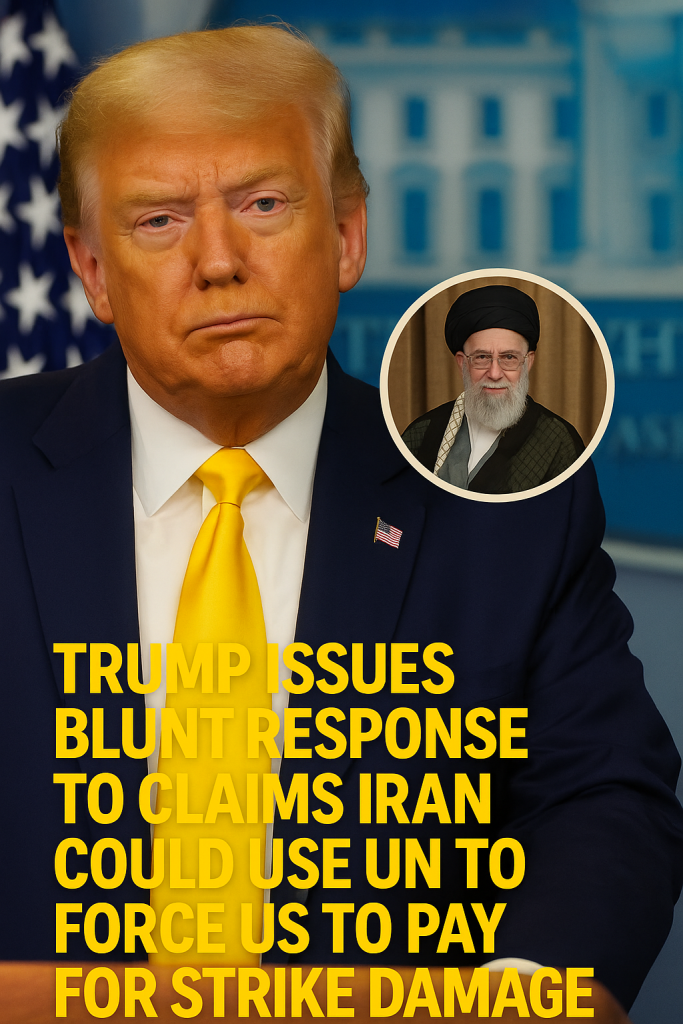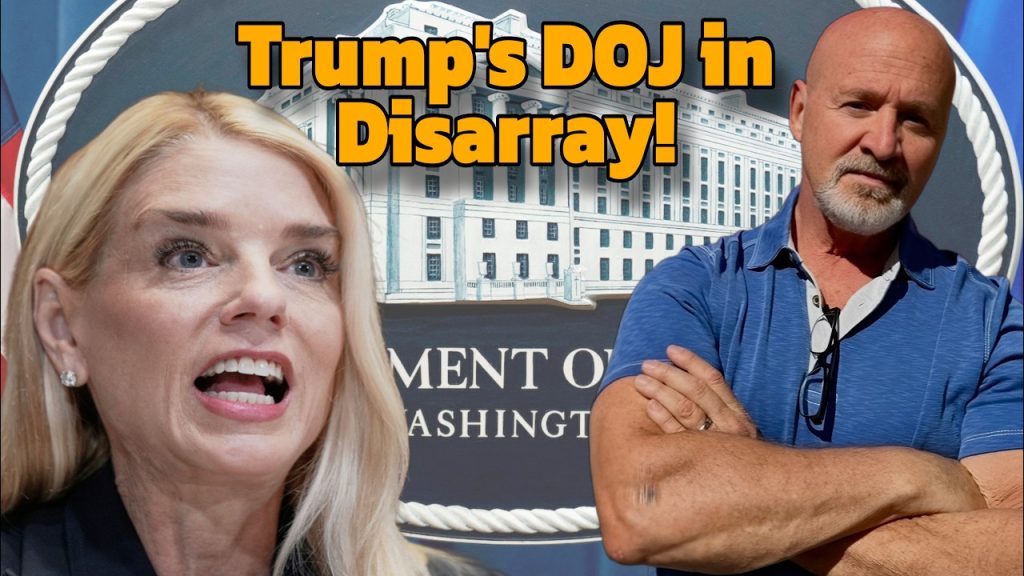Former President Donald Trump issued a sharply worded response to recent claims suggesting that Iran might leverage the United Nations to force the United States to pay for damages resulting from a US military strike. His blunt dismissal has reignited debate surrounding diplomatic tensions and accountability in the ongoing fraught relationship between the two nations.
The discussion gained momentum after Iranian officials hinted at the possibility of using international forums, including the UN, to seek reparations from the US for damages related to targeted strikes on Iranian assets and personnel. This comes amid broader regional conflicts and escalations involving US-Iran confrontations over the past several years.
In a statement that left little room for interpretation, Trump categorically rejected the idea that the US would be compelled to offer compensation to Iran via the United Nations. The former president’s remarks underscored his long-held stance against what he perceives as Iran’s attempts to manipulate international institutions to its advantage.
“The United States did nothing wrong and will not pay a dime to Iran, especially under pressure or false claims at the UN,” Trump reportedly stated, emphasizing his firm opposition to any such international claims. His comments reflect a consistent approach taken during his administration, which prioritized a hardline strategy against Iran’s regional activities and military provocations.
The backdrop to these tense exchanges involves a series of targeted US strikes on Iranian military installations and proxy groups accused of orchestrating attacks against American forces and allies in the Middle East. Tehran has condemned these moves as acts of aggression and violations of sovereignty, frequently pushing back by seeking international condemnation of US actions.
Iran’s potential initiative to utilize the UN as a platform for compensation claims exemplifies its broader diplomatic strategy to legitimize its grievances and apply pressure on the United States. However, such efforts have historically faced strong resistance from the US and its allies, who often view Tehran’s attempts as elements of a broader campaign to undermine US foreign policy objectives in the region.
Experts suggest that Trump’s unequivocal reaction also serves as a political signal ahead of a critical election cycle, reinforcing his appeal to voters concerned about America’s national security and foreign policy assertiveness. By taking a firm public stance, Trump positions himself as an unwavering defender against perceived adversaries on the international stage.
While the United Nations typically acts as a venue for diplomatic negotiations and legal discourse, there is skepticism about its ability to compel the US to adhere to compensation claims of this nature. The sovereignty of the US military operations and questions over the legitimacy of claims made by Iran form a complex legal and political quarrel.
The unfolding scenario highlights the ongoing challenges in US-Iran relations, where military, legal, and diplomatic efforts intersect with broader geopolitical tensions. Trump’s forceful refusal to entertain demands for compensation via the UN sends a clear message that any such attempts will be met with unequivocal opposition.
As the international community watches closely, this episode underscores the fragile and contentious dynamics between the two nations, reminding observers that the path to resolution remains complicated by entrenched mistrust and competing interests on the global stage.



